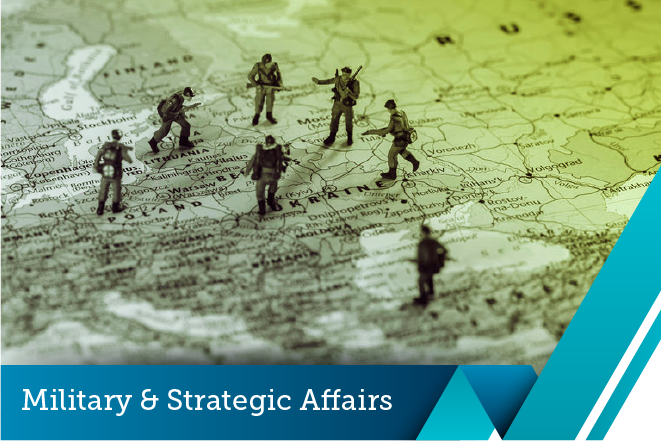Publications
Military and Strategic Affairs, Volume 5, No. 3, December 2013

The emergence of new security threats to the international community has led to a fundamental reevaluation of the contemporary international legal order. The events of September 11, 2001 in particular heralded thebeginning of an age of terror, characterized by the fear that terrorist groups could acquire and use weapons of mass destruction (WMD) against their targets. The ensuing war against transnational terrorism and proliferation of WMD is a new type of warfare, posing unique threats and unparalleled security challenges to the international community. No doubt the war against terrorism incorporates a number of innovations into the existing international legal framework. One such innovation has to do with the rules regulating the use of force in inter-state engagements. In spite of the normative jus ad bellum doctrines of self-defense and necessity, there have been instances where the imperatives of political, humanitarian, and strategic considerations leave no choice but for states to act outside the law. Unilateral and unauthorized use of force has the potential to undermine the universal system of collective security and erode the current international legal framework, as it sets a bad legal precedent. This paper places contemporary provisions for the use of force in their historical and legal contexts, examines the extent to which they diverge from the current international legal order, and considers whether they create the need for a new international legal order.


